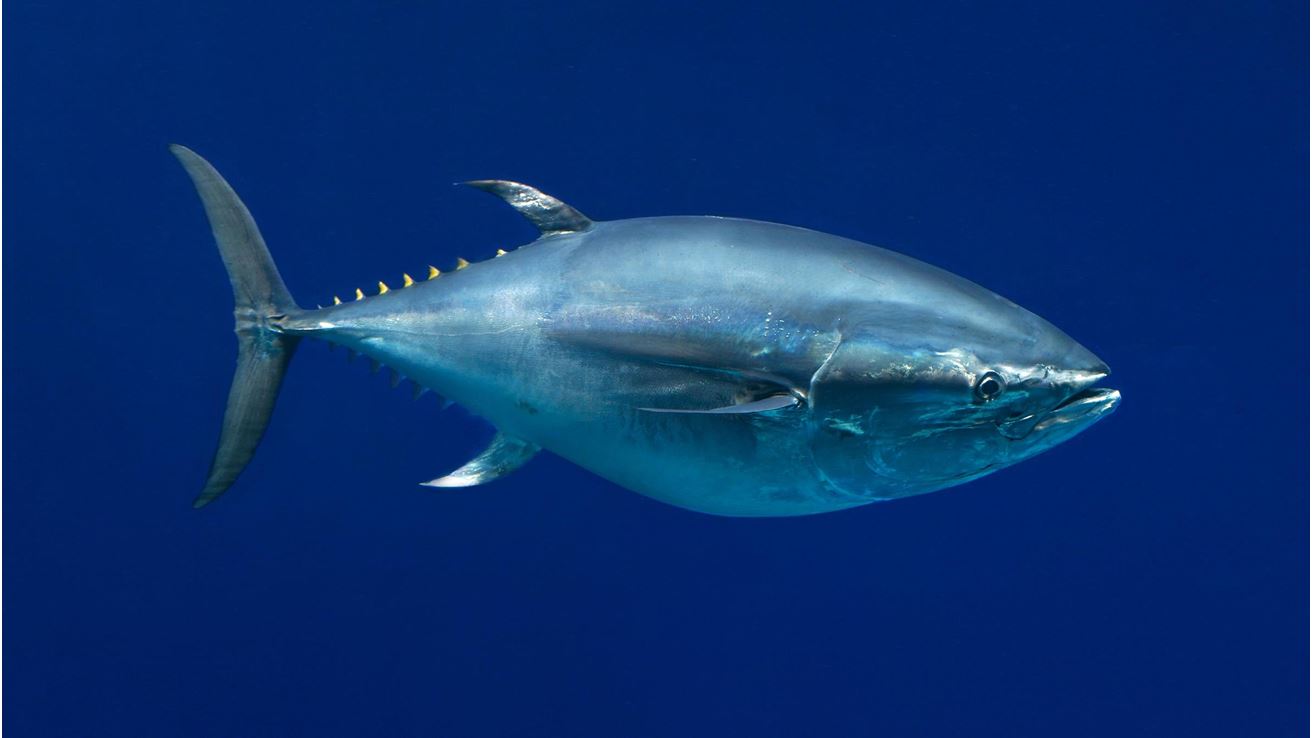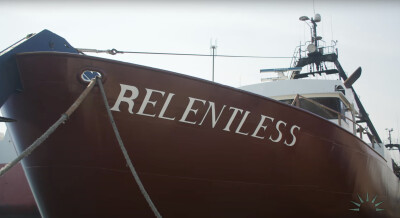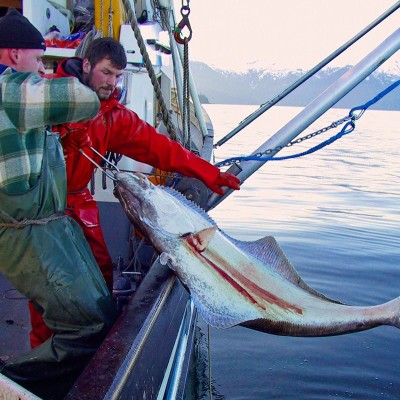U.S. supports long-term rebuilding
Japanese fishing industry officials failed to win the approval of the international industry for its proposal to increase quotas for Pacific bluefin tuna.
The idea was put forward at a meeting of the Western & Central Pacific Fisheries Commission’s Northern Committee in early September. Any proposal passed by the commission — created by the Convention for the Conservation and Management of Highly Migratory Fish Stocks in the Western and Central Pacific Ocean in 2004 — requires unanimous approval.
While Japan had the support of Taiwan and South Korea, the proposal was opposed by representatives from the United States and Cook Islands who claimed the stock is still too low and it is too early to consider quota expansion.
The proposal aimed to increase quotas for small tuna weighing less than 30 kilograms (66 pounds) and for larger tuna by 15 percent.
A subsequent proposal, which would have allowed the carry-over of unused quota, was also rejected.
“It is extremely disappointing that the quota increase wasn’t accepted, despite resources recovering,” said Shingo Ota, a councilor at Japan’s Fisheries Agency, in a statement following the meeting.
The Japan Times reported that the proposal was viewed as self-serving by other members of the committee. Small-scale fishermen in Japan often blame depleted stocks on overfishing by larger countries.
The volume of adult bluefin tuna stocks plunged to around 12,000 tons in 2010 as a result of factors including overfishing, after peaking at some 170,000 tons in 1961.
The figure recovered to about 21,000 tons in 2016 after fishing regulations were fully introduced in 2015. The goal is to boost the stock to around 43,000 tons by 2024.







